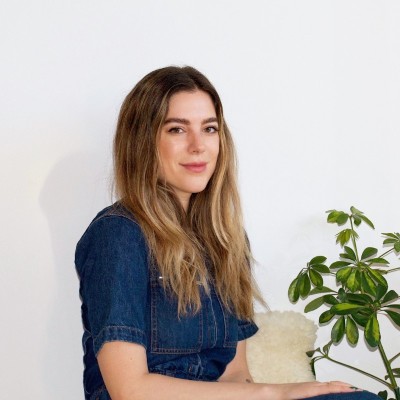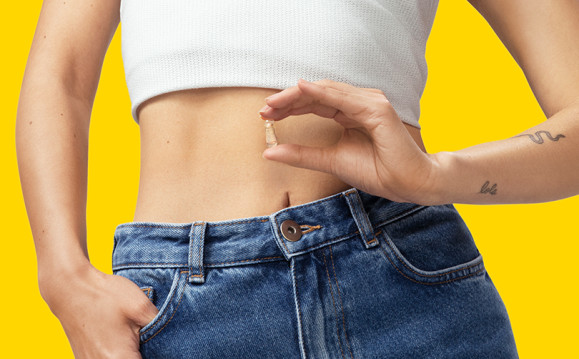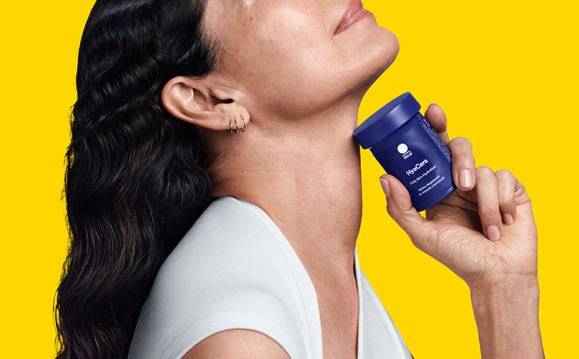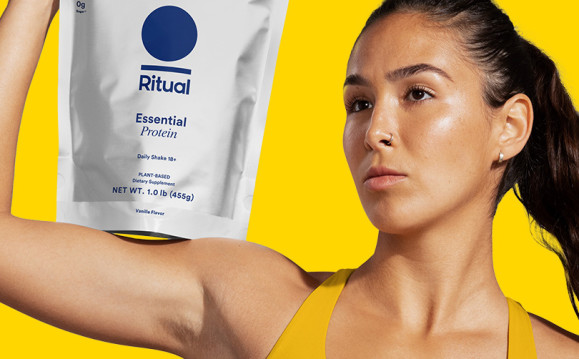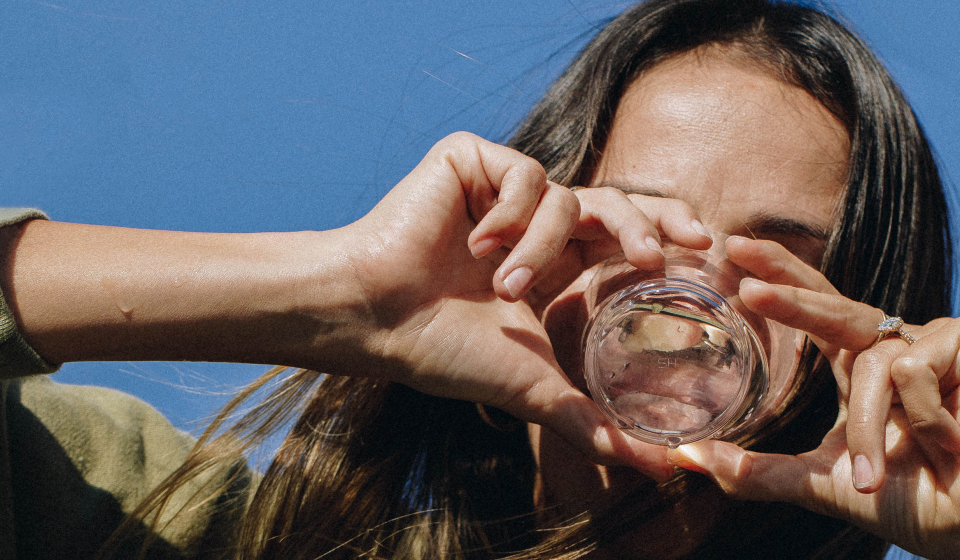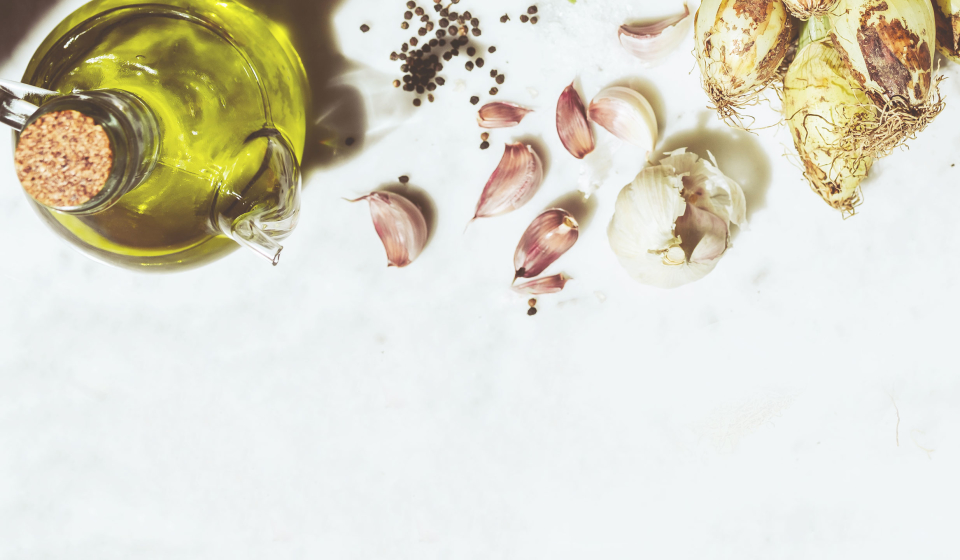Between chaotic schedules, endless to-do lists, constant connectivity, and…well, just negotiating life as a human adult in 2019, the idea of feeling “well-rested” might seem like nothing more than an elusive dream. But the truth is that while making the time for a full 7-8 hours is a start, there are also a handful of other factors that can make a major impact when it comes to improving sleep quality.
After all, we probably don’t have to remind you that skimping on shut-eye really starts to add up over time—the fact that we can feel the effects of tiredness reverberate in different parts of our lives illustrates just how crucial it is that our body gets the rest it needs.
The good news? Better sleep hygiene is just a few life-hacks away—and once you know how to implement these habits into your bedtime routine, it’ll be that much easier to bounce back from one rough night of sleep.
Sleep Habit #1: Keep things dark.
Your sleep cycle is closely tied with your circadian rhythm, aka your internal “clock.” Really, it’s a series of stimuli that tell your body when it’s time to fall asleep and wake up, among other things. Bright light is a major trigger for your circadian rhythm, signaling to your brain that it’s time to become alert—which is why it’s really key to keep your bedroom as dark as possible. (That includes screen time, but we’ll get to that in a minute.)*



